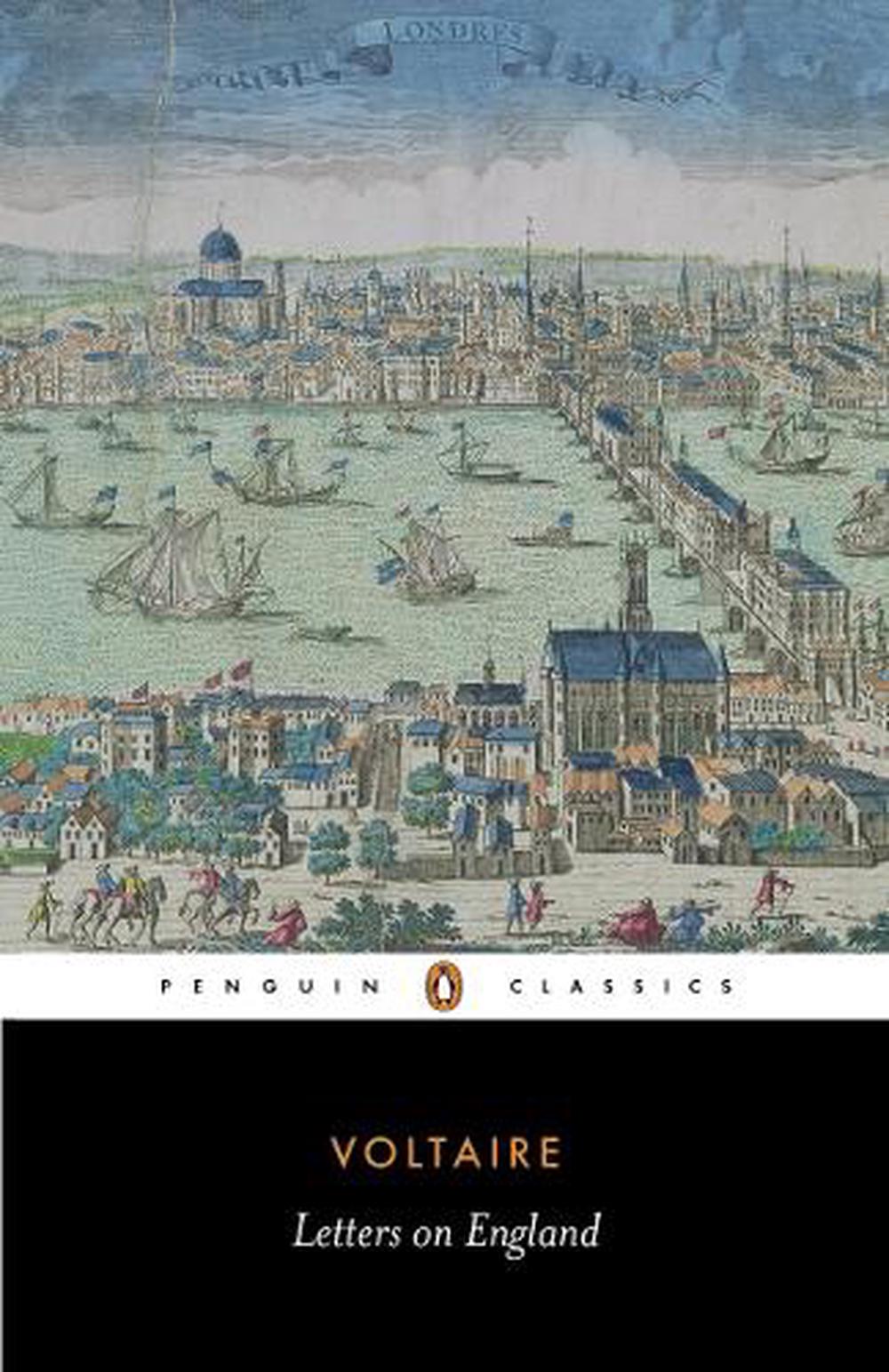
Paperback
Voltaire’s exiled view of England ignited revolution and risked everything.
Letters on England
$27.39
- Paperback
176 pages
- Release Date
24 April 1980
Check Delivery Options
Summary
Also known as the Lettres anglaises ou philosophiques, Voltaire’s response to his exile in England offered the French public of 1734 a panoramic view of British culture. Perceiving them as a veiled attack against the ancien regime, however, the French government ordered the letters burned and Voltaire persecuted.
Book Details
| ISBN-13: | 9780140443868 |
|---|---|
| ISBN-10: | 014044386X |
| Author: | Francois Voltaire, Leonard Tancock |
| Publisher: | Penguin Books Ltd |
| Imprint: | Penguin Classics |
| Format: | Paperback |
| Number of Pages: | 176 |
| Edition: | 1st |
| Release Date: | 24 April 1980 |
| Weight: | 134g |
| Dimensions: | 198mm x 129mm x 10mm |
| Series: | Penguin Classics |
You Can Find This Book In
About The Author
Francois Voltaire
Voltaire (1694-1778) was a French writer and satirist, embodying the 18th-century Enlightenment. Among his best-known works is the satirical short story Candide (1759).
Returns
This item is eligible for free returns within 30 days of delivery. See our returns policy for further details.




